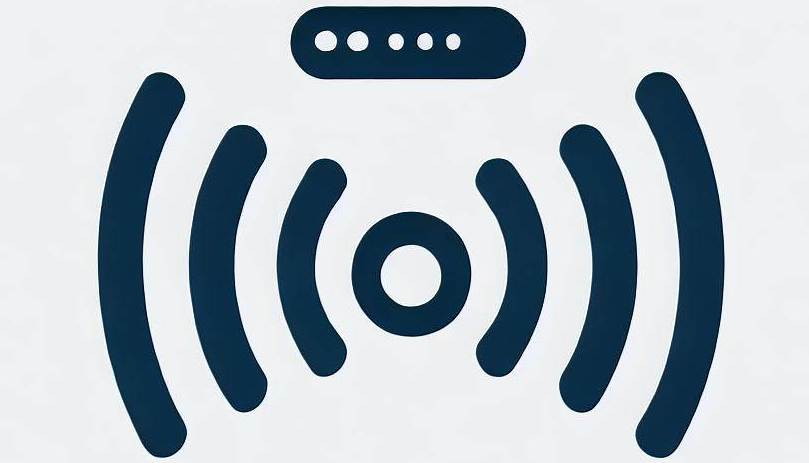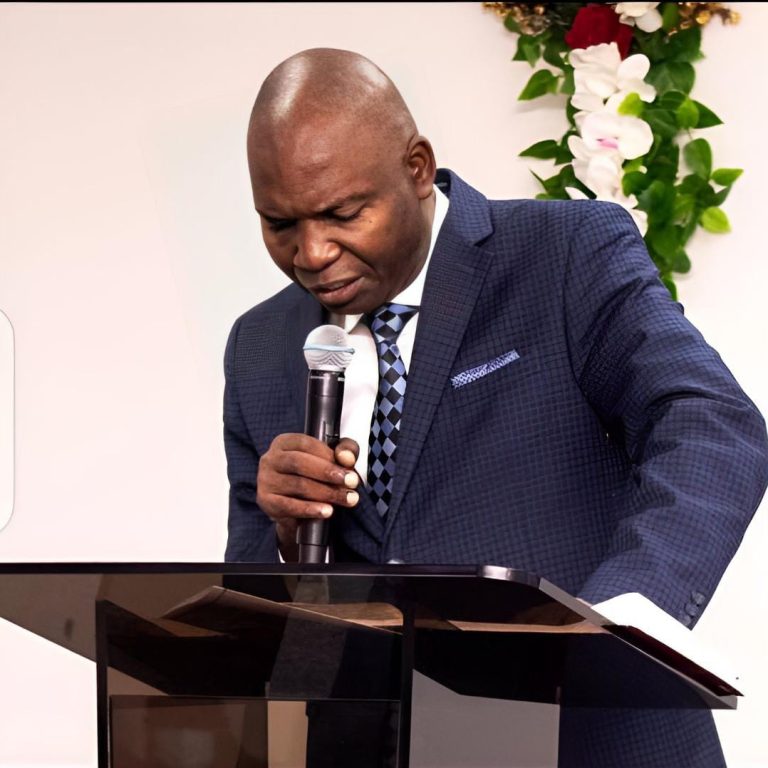
In today’s fast-paced and uncertain world, anxiety has become a common companion for many individuals. The quest for relief from this mental and emotional burden leads people to seek solace in various practices, one of which is prayer. Prayer, a deeply personal and spiritual activity, has been practiced across cultures and religions for centuries as a means of connecting with a higher power and finding comfort. This article delves into the relationship between anxiety and prayer, exploring what methods are effective, what might not yield results, and the psychological and spiritual mechanisms at play.
The Nature of Anxiety
Anxiety, a complex emotional state, encompasses feelings of worry, apprehension, and unease. It can range from mild to severe and is often accompanied by physical symptoms such as rapid heartbeat, trembling, and restlessness. In a world characterized by constant stimulation and pressure, it’s no wonder that anxiety has become increasingly prevalent. Individuals seek various coping mechanisms to manage their anxiety, and for many, prayer provides a path toward relief and tranquility.
Prayer as a Coping Mechanism

Prayer has been an integral aspect of religious and spiritual practices for centuries. It offers individuals a way to communicate with a higher power, seek guidance, and find solace in times of distress. The act of prayer itself can be soothing, providing a dedicated space to express worries, fears, and hopes. Moreover, the belief in a divine presence that listens and cares can offer a sense of reassurance and comfort, alleviating feelings of isolation.
What Works
- Mindful Connection: Engaging in prayer mindfully, focusing on the words and intentions, can create a sense of present-moment awareness that temporarily calms racing thoughts.
- Community Support: Participating in group prayer or being part of a spiritual community can foster a sense of belonging and social support, both of which are important for managing anxiety.
- Ritual and Routine: Incorporating prayer into daily routines establishes a sense of structure and predictability, which can be comforting for those grappling with anxiety.
- Positive Affirmations: Many prayers contain affirmations of hope, strength, and trust in a higher power. Repeating these affirmations can influence one’s thought patterns and reduce negativity.
What Might Not Work
- Superficiality: Engaging in prayer merely as a routine without genuine connection or belief might not yield the desired results. True engagement is essential for deriving benefits.
- Avoidance Strategy: Using prayer solely as a means of avoiding or escaping anxiety without addressing underlying issues may not lead to sustainable relief.
- Expecting Instantaneous Cures: While prayer can offer comfort, it might not always lead to immediate cessation of anxiety. Patience is key in navigating its effects.
Psychological and Spiritual Mechanisms
Prayer’s impact on anxiety can be attributed to a combination of psychological and spiritual mechanisms. Psychologically, prayer provides a sense of control over situations that may be beyond individual control, reducing feelings of helplessness. It also activates the relaxation response, calming the nervous system and lowering stress hormones. Spiritually, the belief in a higher power’s presence and care instills hope and a sense of purpose, which can counter feelings of despair.
Conclusion
Anxiety and prayer share a nuanced relationship that intertwines psychological and spiritual elements. For many individuals, prayer offers a meaningful and effective way to cope with anxiety. When practiced mindfully and sincerely, prayer can serve as a powerful tool for finding solace, cultivating hope, and establishing a connection with something greater than oneself. However, it’s essential to approach prayer with authenticity, understanding that while it can provide comfort, it may not entirely eliminate anxiety. As individuals navigate the intricate landscape of anxiety and spirituality, finding what works for them personally is a journey of self-discovery and growth.













